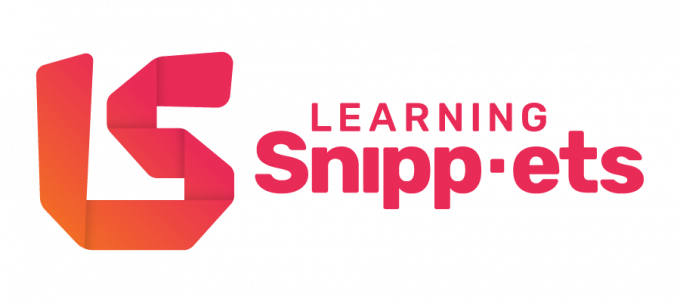

Diversity doesn’t just refer to physical difference. 1.3 billion people globally live with disabilities worldwide and over 80% of these people live with what are considered invisible disabilities. When your neurologic makeup is different, you might look the same as everyone else. The neurodiverse population deserves acceptance from the mainstream population.
Neurodiversity, coined by Australian sociologist, Judy Singer, refers to differences across human brain makeups, including dyslexia, dyspraxia, autism and attention deficit and hyperactivity disorder (ADHD). Neurodiversity emphasizes the vast range of differences in individual brain function and behavioural traits. As such a large community with untapped potential, workforces need to improve the inclusion of neurodiverse employees.
The workforce has shifted online due to the ongoing pandemic. The success of this movement has created a watershed moment in history, supporting the long-standing requests from disability advocates for further flexibility and thoughtful accommodation in the workplace.
Wanda Deschamps is the founder of Liberty Co., a neurodiverse advocacy company working toward the goal of increasing the participation level of members of the neurodiverse population in the workforce with a special focus on autism, due to Wanda’s own diagnosis at midlife.
Wanda suggests that employers increase their knowledge by:
Diversity comes in many forms and inclusionary practices are not one-size-fits-all. Invisible disabilities are no less important than physical ones. Many of us are just beginning to scratch the surface of this important issue and should hold ourselves accountable to learn how workplaces can better support neurodiverse employees.
Prior to founding Liberty Co, Wanda enjoyed a 25 year career in the philanthropic sector, serving as a consultant for KCI (Ketchum Canada Inc.), a leading fundraising consultancy, as well as an institutional development leader.
A champion for inclusivity, she enjoys writing under the banner of the Inclusion Revolution, a worldwide movement launched in 2018 to spearhead broader thinking about disability, especially disability employment.
Wanda is also the catalyst behind the #women4women collective focused on gender equality through supporting other women. Combining these two goals provides an avenue for Wanda to be an advocate for women with autism, including as a participant in research into autistic women’s experiences in the workplace.
As a means to further help create safer and healthier workplaces, she is the co-founder of the National Day of Conversation about sexual harassment in the charitable sector.
Dialectic helps organizations improve the way people work, learn, and collaborate through person-centred design and the latest in social science.

Does your team struggle with soft skills?
Use our app or upload Snippets to your LMS to build better habits in minutes with scenario-based microlearning.
Sign up for our weekly roundup of the latest on DEI, leadership, collaboration, and learning science.
© 2024 Dialectic. All rights reserved. | Contact Us | Privacy Policy | Terms of Use | AODA Statement
See how easy it is to activate soft skills in your organization. Soft skills training on 3 key topics: DEI, Leadership, and Collaboration.